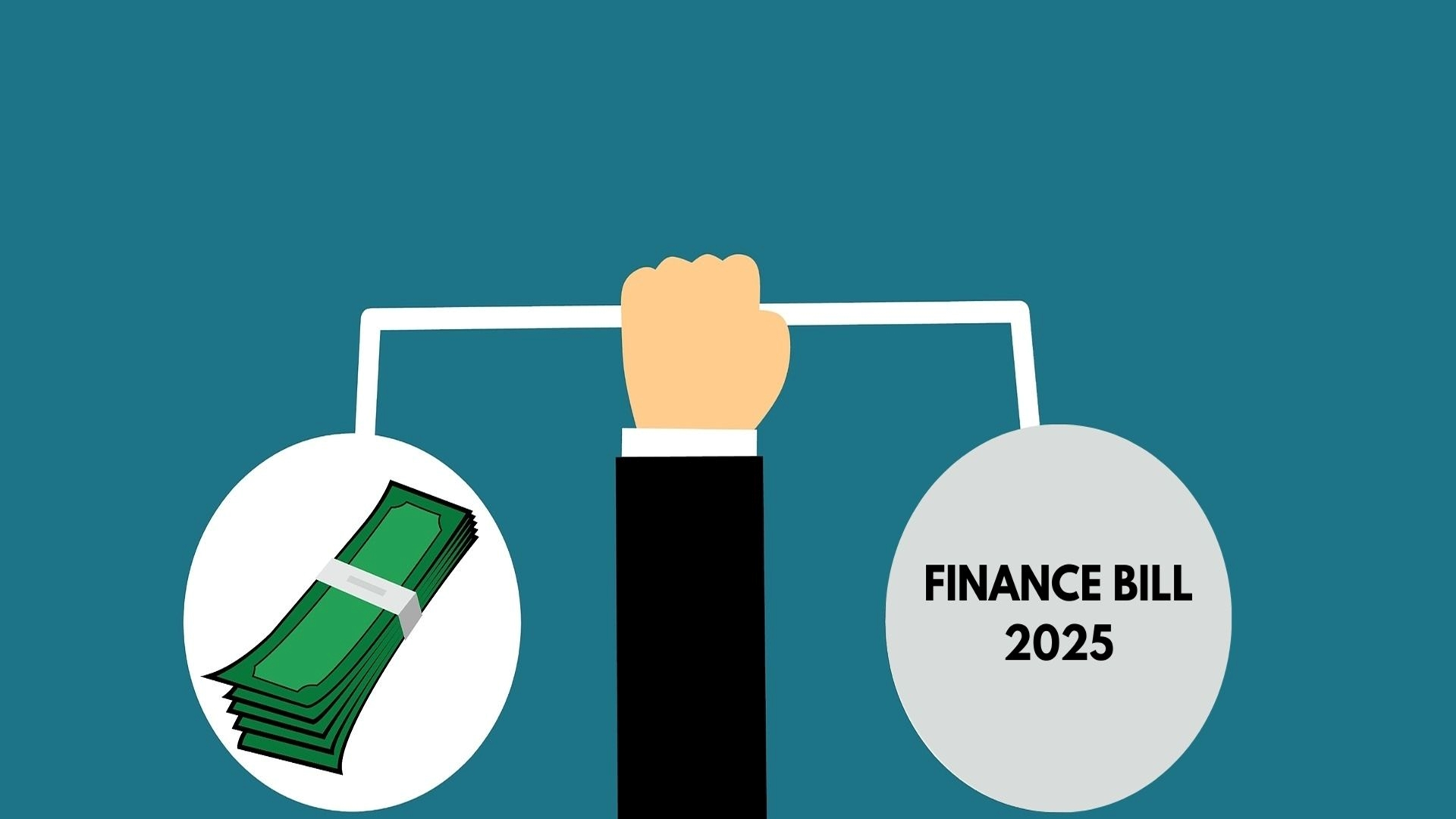A New Dawn for Fiscal Prudence: Navigating the 2025 Finance Bill with Precision
The 2025 Finance Bill arrives at a pivotal moment, carrying the weight of past lessons and the promise of refined fiscal governance. This commentary explores the legal and policy implications of the Bill, emphasizing its potential to reshape Kenya’s economic landscape while avoiding the pitfalls that derailed its 2024 predecessor. By focusing on transparency, public participation, and strategic tax reforms, the Bill seeks to balance fiscal ambition with political legitimacy, offering a blueprint for sustainable economic growth.
Learning from the 2024 Finance Bill Debacle
The 2024 Finance Bill serves as a cautionary tale. Its aggressive tax measures, including digital content taxation and alterations to VAT exemptions, were fiscally sound but politically disastrous. The lack of public understanding and inadequate stakeholder engagement sparked widespread protests, culminating in the unprecedented presidential rejection of the Bill. This outcome underscored a critical legal and governance principle: fiscal policies, no matter how rational, must be anchored in public trust and participatory processes to withstand scrutiny under the Constitution, which mandates public involvement in legislative processes (Article 118).
The 2025 Finance Bill appears to heed this lesson. By prioritizing the sealing of revenue leakages over broad tax hikes, the government signals a shift toward efficiency-driven fiscal policy. Proposals to amend the Tax Procedures Act, such as removing clauses that limit the Kenya Revenue Authority’s (KRA) system integration with businesses, aim to curb tax evasion while streamlining administration. However, these measures raise legal questions about data privacy and administrative overreach, which must be carefully balanced to avoid infringing on constitutional protections under Article 31 (right to privacy).
Transparency and Public Participation: The Constitutional Imperative
The Constitution places public participation at the heart of governance, particularly in matters of public finance (Article 201). The 2025 Finance Bill’s draft, tabled in Parliament, is undergoing public scrutiny, a process that must be robust to avoid repeating past mistakes. The 2024 Bill’s failure stemmed partly from opacity and rushed implementation, which alienated stakeholders and eroded legitimacy. The current Bill’s focus on closing loopholes—such as shifting manufacturing inputs from VAT zero-rated to exempt status—requires clear communication to ensure manufacturers and consumers understand the implications. Without transparent public forums and accessible explanations, these changes risk being perceived as stealth tax increases, potentially triggering public unrest.
The National Assembly’s Finance and National Planning Committee, chaired by Molo MP Kuria Kimani, plays a pivotal role in ensuring compliance with constitutional mandates. The committee must facilitate meaningful public input within the 21-day review period mandated by Standing Order 235(4). Failure to do so could render the Bill vulnerable to legal challenges, as courts have previously struck down legislation for inadequate public participation (e.g., British American Tobacco v. Ministry of Health, 2016). A proactive approach, including leveraging digital platforms for wider outreach, could enhance legitimacy and foster consensus.
Balancing Fiscal Goals with Economic Realities
The 2025 Finance Bill’s emphasis on sealing revenue leakages, such as inflated tax refund claims, reflects a pragmatic approach to fiscal consolidation. By amending Tax Acts to streamline refunds and reduce disputes, the government aims to enhance efficiency without the politically charged tax hikes of 2024. However, the shift from zero-rated to exempt VAT status for manufacturing inputs could increase costs for producers, potentially passed on to consumers. This raises legal and economic concerns about regressive impacts on low-income households, who bear the brunt of indirect cost increases. Policymakers must ensure that such measures align with the principles of equitable taxation under Article 201(b) of the Constitution.
Moreover, the proposal to grant KRA greater access to business data under the Tax Procedures Act amendment sparks debate over privacy and proportionality. While aimed at catching tax cheats, this measure must comply with constitutional safeguards and the Data Protection Act, 2019. Clear guidelines on data use, coupled with robust oversight mechanisms, are essential to prevent abuse and maintain public trust. Courts have historically been vigilant in protecting privacy rights (e.g., Nubian Rights Forum v. Attorney General, 2020), and any overreach could invite legal challenges.
A Path Forward: Strategic Reforms and Inclusive Governance
The 2025 Finance Bill offers an opportunity to redefine Kenya’s fiscal trajectory. By focusing on administrative efficiency and targeted reforms, it avoids the blunt tax increases that fueled public discontent in 2024. However, its success hinges on three key pillars: transparency, public engagement, and constitutional compliance. Policymakers must prioritize clear communication, robust stakeholder consultations, and safeguards against administrative overreach to ensure the Bill’s legitimacy and effectiveness.
To this end, the government should consider establishing a permanent fiscal policy taskforce to institutionalize public participation and pre-emptive risk assessment, akin to the structured diplomatic processes recommended for Kenya’s foreign policy. Such a mechanism could anticipate public concerns, refine proposals, and align fiscal measures with global best practices, as suggested in prior analyses of Kenya’s tax policy.
Conclusion
The 2025 Finance Bill stands at a crossroads. It can either mark a turning point toward inclusive, transparent fiscal governance or risk repeating the missteps of its predecessor. By grounding its reforms in constitutional principles and public trust, Kenya can chart a path to economic stability and equitable growth, setting a precedent for fiscal policy in the region.


